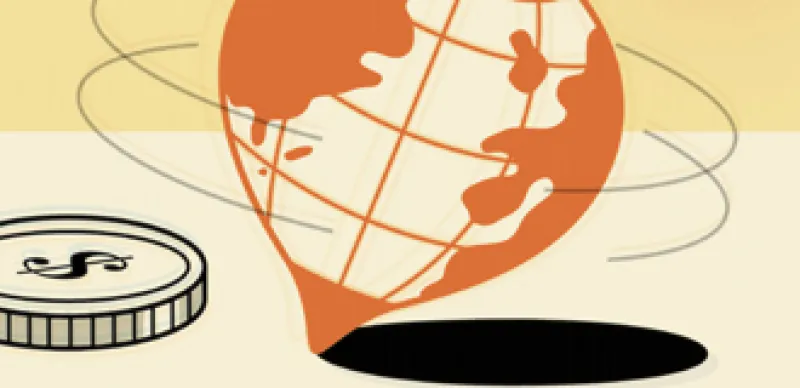
Political Diligence is the Key to Successful Trading
In a world of ever-increasing geopolitical turmoil, savvy money managers can avoid disaster if they understand the political bets they are taking.
James Shinn
March 14, 2011


